6 factors that will decide the Ontario election
Televised leaders' debate tonight between Wynne, Ford and Horwath could set the tone for the campaign
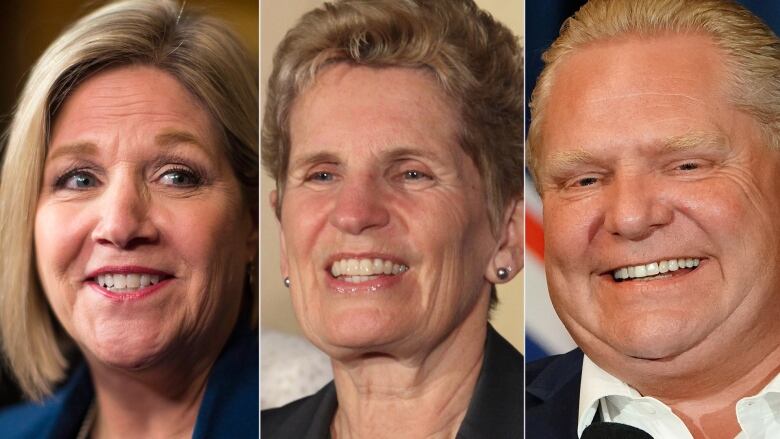
Though it seems like the parties have been campaigning for weeks, the Ontario election race is really kicking off now.
On Monday, the first televised debate will take place between Liberal LeaderKathleen Wynne, PC Leader Doug Ford and NDP Leader Andrea Horwath.The official start of the campaign period isWednesday, andelection day isJune 7, one month from now.
The debate will be broadcast at 6 p.m. ET on CityNews and can also be viewed on itsYoutube channel or Facebook page.
That makes this a good time to look at the key factors that will determine who wins come election day on June 7.
The campaign
While polling suggestsFord's PCs are heading into the campaign with a sizable lead, it's important to know the pollsters are calculating their numbers not only from committed voters but also those who are merely leaning toward a party. Polling suggests nearly half of Ontario voters haven't fully made up their minds, and that makes them persuadable over the next month.
"While it may seem that this election is a foregone conclusion, if you look below the numbers,that tells me there's a lot of opportunity for change and for the campaign to have an impact," said DavidColetto, CEO of Abacus Data, a polling firm.
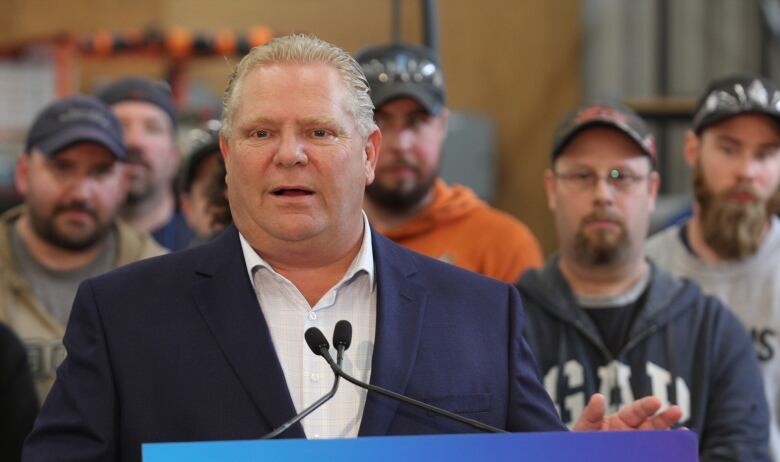
"It'd be a mistake to say this one is over," said Frank Graves, president of EKOSResearch Associates, another polling firm."The campaign will matter. The policies and platforms do matter and the communication of those do matter."
He points out that in the past few Ontario elections and the 2015 federal election, the pollsshowed "all kinds of movement (during the campaigns) that produced a profoundly different result from what we saw in the going-in polling."
Time for a change
Of course, after nearly15 years in power, the Liberals could run the best campaign in the history of Ontario politics and still fail to overcome the mood for a change in government.
"There is an intense desire for change," said Coletto. "A significant portion of the electorate has completely written off voting for Kathleen Wynneand the Liberals."
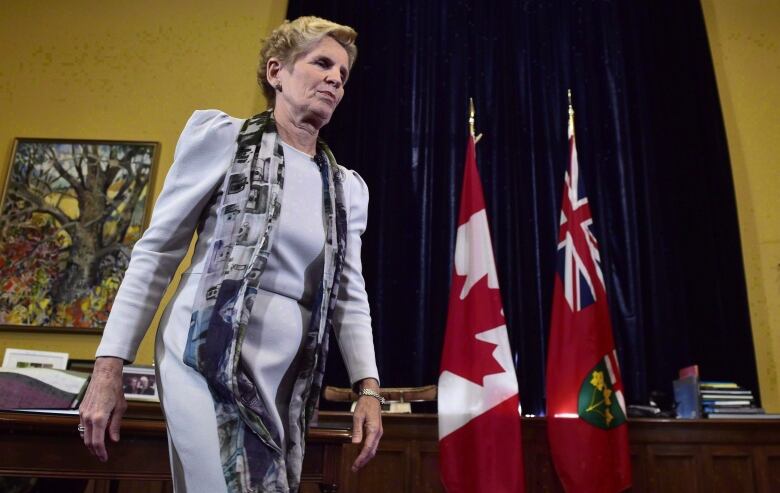
While Ford appears to be capturing the bulk of those change voters now, this is where the pollsters see a potential path to victory for the NDPand Horwath.
"The way the dynamic has been set up as a Liberal-Tory fight, she's been off to the side," said Jaime Watt, executivechairman ofNavigator, a strategic communications firm in Toronto. He saidHorwathneeds to attract those voters who are tired of Wynnebut not sure about Ford.
However, Watt struggles to see how the election can turn against the PCs. "The polls at the moment make it pretty clear that Mr. Ford will lead a majoritygovernment on the8thof June."
The party leaders
Coming at the start of the campaign, tonight's televised debate gives each party leader the opportunity to grab some momentum and make an impression on voters, most ofwhom don't payclose attention to provincial politics outside of election time.
Polling shows the leaders of all three official parties have their problems. Wynneis saddled with an abysmal approval rating, constantly below 25 per cent for the past two years. More people view Ford negatively than view him positively. And despitenine years as leader, Horwathstill struggles to get noticed, with one-third of voters polled saying they don't know enough about her to form an opinion.
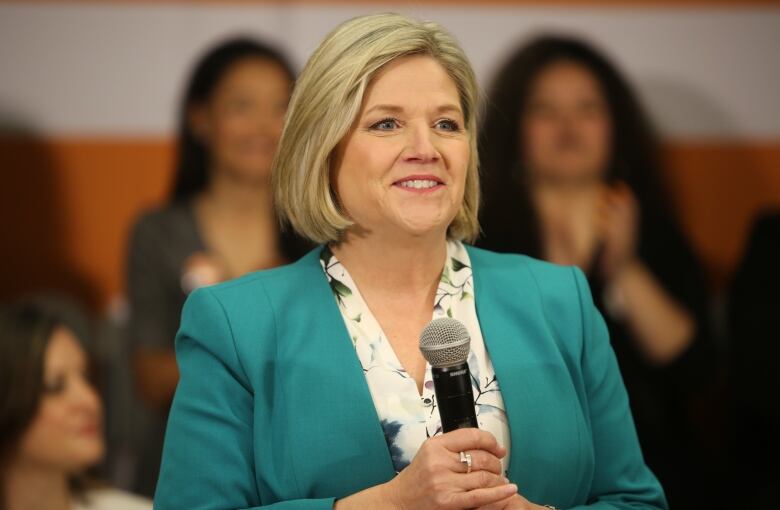
The grind of the campaign will demand a lot from the leaders. They will face constant scrutiny and a single mistake can swing public opinion dramatically.The leader with the most at risk in tonight's debate is Ford, as the front-runner.
"Ford will have to demonstrate he is ready to govern and up for the job of being premier," said Watt.
He said Wynnemust be scrappy and tough on Ford in the debate, but it is not clear that Fordshould go on the offensive against Wynne. "If he attacks her, a woman, premier, grandma, he could find himself in a big bunch of trouble."
The 905
It's simply not feasible for any party to win this election without winning a majority of the seatsin the suburban belt around Toronto. That has long beenthe case in provincial politics, but it is even more profound in 2018, because the new electoral map adds seven extra seats to the 905.
The key to theWynneLiberals' boost from a minority to a majority in 2014 was flipping such PC-held ridings in the 905 as Burlington,Durhamand Newmarket-Aurora. The PCs will have to take those back and plenty of others to win on June 7. In particular, look for them to target seat-rich Mississauga and Brampton, just as Stephen Harper's Conservative Party did to win its federal majority in 2011.
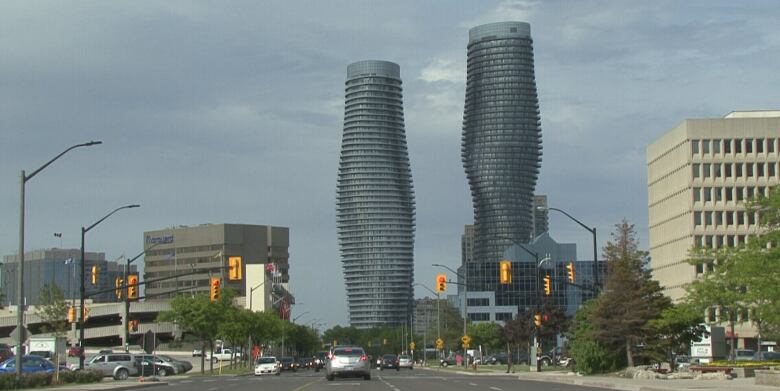
"The 905 right now, it's a real challenge for theLiberals," said Coletto. "It always historically has been a tough place for the New Democrats to win votes."
On election night, look to see which party is winning the most seats in the 905, and you'll almost certainly see the party that forms the government.
Pocketbook issues
Affordability struggles are on the minds of many Ontario voters, pretty much across the income spectrum. Even middle-class voters feelweighed down particularly by the high costs of housing, but also the cost of transportation, car insurance, hydro, daycare and of course taxation.
While the provincial economy is humming along, real incomes have not kept up with the cost of living. It's contributing to a deeply felt sense of frustration and anger about being left behind, something that Graves saysis a powerful motivator that campaigns should not underestimate.
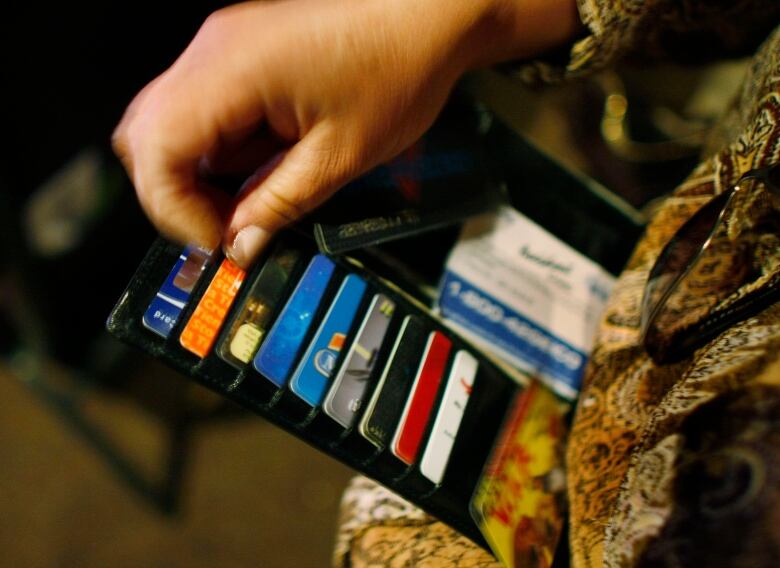
Graves describes the sentiment as "economically pessimistic, worried about the future very unhappy with the direction of the country and Ontario." He said the polling indicates it is helping fuel populist support for the PCs.
A crucial factor in the election will be whose formula for making it easier to get by will resonate the most with voters.
The Liberals are counting on support for their recent moves to expand rent control, reduce the burden of tuition, provide free prescription drugs to children andyoung adults and boost the minimum wage.
The NDPis proposing solutions on similar themes, along with a$12 per day child-care plan.
The PCs are offering tax cuts for corporations and minimum-wage earners, a further 12 per cent cut to hydro rates funded from the tax base, and ending cap-and-trade to reduce the cost of gas and home heating.
Millennials
Political parties have long de-emphasized the concerns of younger voters, calculating that younger people don't turn out to vote at anywhere near the rate of middle-aged and older voters. But there are signs the millennial generation is starting to buckthat trend. Higher-than-expectedturnout among younger voters helped propel Justin Trudeau's federal Liberals to power in 2015.

In Ontario in 2018, moremillennialswill be eligible to vote than baby boomers. Coletto'spolling suggests these younger voters are more open to voting Liberal or NDPthan any other demographic.
"If Kathleen Wynne has any shot at winning the election, she has to do well among millennials," said Coletto, adding that the same applies to the NDP. For that strategy to work,he said, the parties must get millennials motivated to vote and "find a way to get them excited."












_(720p).jpg)


 OFFICIAL HD MUSIC VIDEO.jpg)
.jpg)



























































































